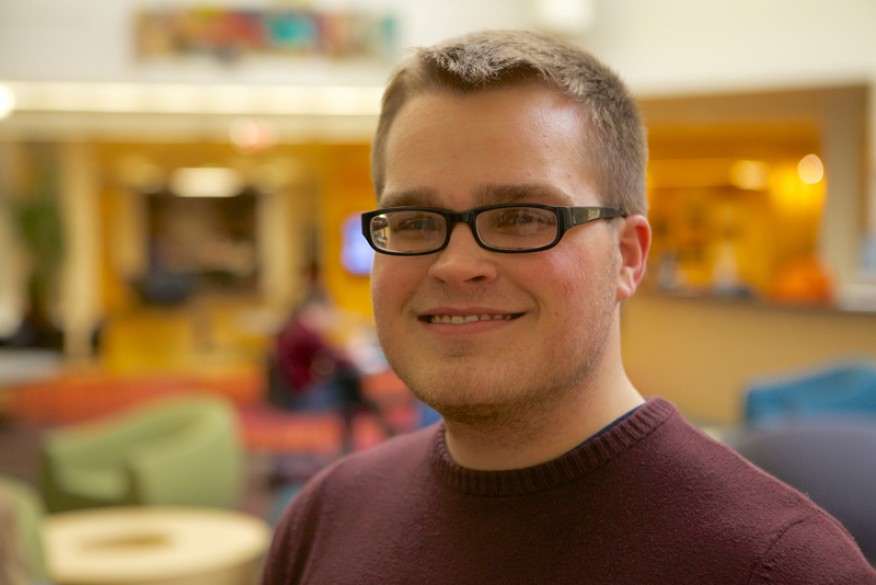Jake Heller combines a biomedical engineering major with a Community Action and Social Change (CASC) minor, a program for students interested in developing knowledge, skills, and experiences in community action and social change. Some might consider this an unlikely combination, bringing together right brain and left brain thinking, and yet Heller discovered this is exactly what he wanted as he searched for a program with a leadership focus.
“I like the opportunity to explore identity based learning and better understand how people are integral in developing technology,” Heller said. “The purpose of science is to make life better for people, but if we don’t understand the people we’re creating for, then we really miss a big piece of a potentially successful outcome.”
I’m more than the sum of my identities and U-M has helped me head into the right direction for whatever that path might be.
Through the CASC program, Heller has learned to appreciate the importance of thinking about the work, how people treat one another based on privilege and circumstances, and how all of that feeds into the process of developing technology.
Heller grew up in a family of low socioeconomic status in Indiana where he attended a selfdescribed inner city, low-income high school in an underprivileged area. He chose his biomedical engineering major based on his interest and on the potential income he would earn after graduation.
His experience with the CASC program game him a better understanding of how others perceive him based on his social identities.
“Not only did the CASC program help me understand myself, but it also taught me how other people see me,” Heller said.
A component of Heller’s CASC program was working with the Summer Youth Dialogues program in metro Detroit, where he facilitated dialogues with high school students in the city and suburbs.
“At the beginning of the program, I didn’t fully appreciate why we were working with students of the same race/ethnicity as ourselves, and then I realized that I wouldn’t have been ready to work with another group of students with a different racial/ethnic identity, until I understood my self…and where I came from…and that was powerful,” Heller said.
Heller has learned that he is often perceived differently based on his living and working situation.
“In social justice work, I’m sometimes viewed as just a white man, ignoring my other identities,” Heller said. “One of my mentors taught me to try to be my whole self all of the time, instead of silencing parts of myself.”
He attributes CASC to helping him contextualize his background, and to managing all of the elements of his life.
“CASC has a big focus on ‘now what’ and how to help other people have a better quality of life,” Heller said, “and how to be sensitive to other people’s issues.”
CASC has a big focus on ‘now what’ and how to help other people have a better quality of life.
Heller says his next challenge to is put all of his learning into place as he approaches graduation this year.
Since finding a social justice community at the University of Michigan, Jake is rethinking his career path and considering an MSW after he completes his engineering degree.
“I’m more than the sum of my identities and the University of Michigan has helped me head into the right direction for whatever that path might be,” Heller said.
